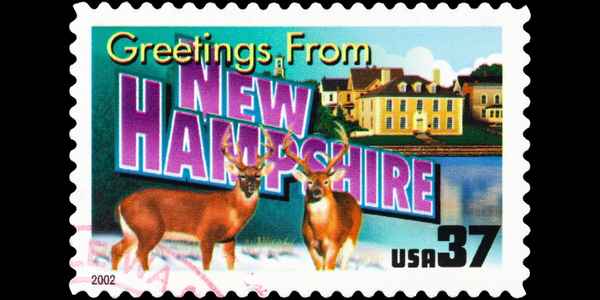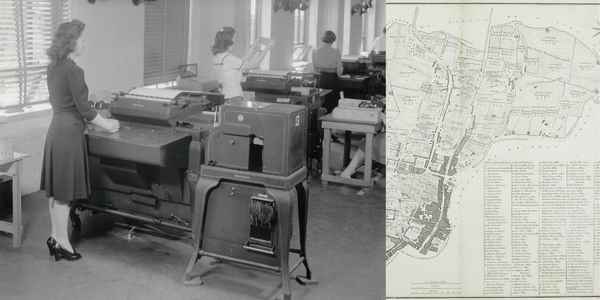People’s opinion on whether Omar is a typically black name is likely based on the people they’ve encountered with the name.
Doing objective research is a challenge because published data on baby names from the Social Security Administration does not include ethnicity.
I turned to other sources to look at the numbers both historically and in current decades.
Is Omar An African American First Name Currently?
Several online archives have collected thousands of high school yearbooks from the early 1900s up to 2016.
I used Ancestry.com for my research. First, I ran name searches on three southern states with a significant black population:
- Georgia
- Louisiana
- Mississippi
To keep this to recent numbers, I ran searches in Georgia on yearbooks from 2014 to 2016.
Because the total numbers were fewer in Louisiana and Mississippi, I extended the timeframe in those states to start in 2006.
The table below is the summary of my review. The column headed “Omar” was the total number of students with the name that I found across the schools with uploaded yearbooks.
| State | Schools | “Omar” | Black | Hispanic |
| Georgia | 17 | 18 | 19% | 81% |
| Louisiana | 5 | 5 | 55% | 44% |
| Mississippi | 5 | 5 | 55% | 44% |
Every student was male.
As you can see, Omar is predominantly a Hispanic name in Georgia. I hasten to say that this is based on my judgment of photographs and names.
The name is slightly more likely to belong to African Americans in Louisiana and Mississippi.
What about New Hampshire?
To balance this survey, I also looked at a state with a low black population.
I searched the New Hampshire yearbooks from 2006 to 2016 for anyone named Omar.
There were no students of that name in the search results.

Why were there so few schools in this survey?
Of course, there are more than twelve schools in Louisiana (there are 558 to be exact). But many schools don’t have yearbooks available online.
The second column in the table shows the number of schools that came up in the results when I searched for the name Omar.
It’s also possible that a school has a yearbook online but has nobody by the name of Omar. That means the school doesn’t get counted in this survey.
The challenge of using high school photos
If you’ve looked at historic census records in the U.S., you’ll know that ethnicity is one of the questions that people are asked.
This means that the census archives can be searched by ethnicity as well as specific names. However, I could only search the high school yearbooks by student names and school locations.
So, how did I identify African Americans from people of other heritage?
Well, the recent high school yearbooks have photographs of the students. I did it by eye.
I’m not going to be right with every pick. So, treat these numbers as an estimate.
Omar Was More Of A Hispanic Name In The Mid-20th Century

A research study examined mortgage applications from 2007 to identify the breakdown of first names by ethnicity.
We can guess that most of the applicants were aged from thirty to fifty. So, the numbers represent people born in the 1960s and early 1970s.
There were 453 people named Omar who applied for a mortgage. This was the ethnic breakdown:
- Hispanic: 64%
- White: 22%
- Black: 8%
- Asian & Pacific Island: 6%
As you can see, the name was more likely to be chosen by parents of Hispanic heritage. The black percentage was relatively small.
I conclude that Omar was not typically African American in the 1960s and 1970s.
Was Omar A Black Name In The 19th And Early 20th Century?
To review whether Omar was a popular first name in the 19th and early 20th centuries, I looked at several federal censuses.
The 1870 federal census was the first census taken after the emancipation of slaves. This was the first census that counted all African Americans.
The name was relatively rare in 1870 with only 483 bearers in the census.
The census takers marked eight residents as black. They also marked two as mixed (the term was “mulatto” then).
When I’m researching African Americans in the 1870 census, I always include the two categories. The census takers were not always correct in how they categorized non-white residents.
Regardless, we can say that the black percentage was somewhere from 1.4% to 2%.
The mixed category was dropped in the 1900 census. In the census at the turn of the century, the black percentage was still very small at 3%.

That same small percentage was found in the 1940 census.
My conclusion is that Omar was not a common black name in the late 19th century and early 20th century.
Other Names
I previously looked at another four-letter name starting with O. Check out our review of whether Otis is a typically African American first name.